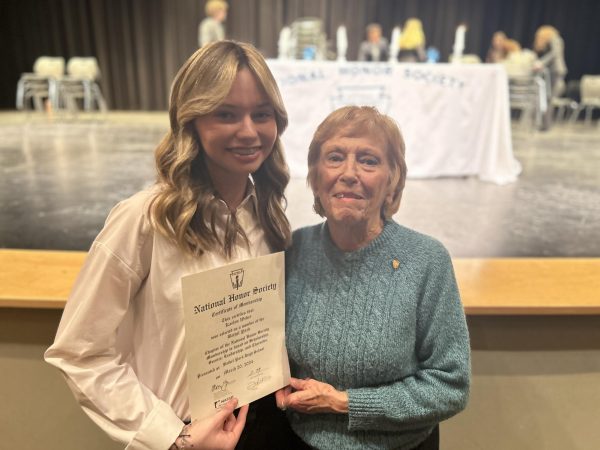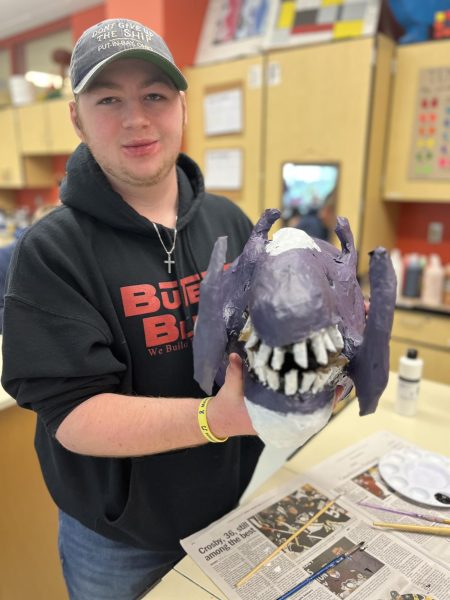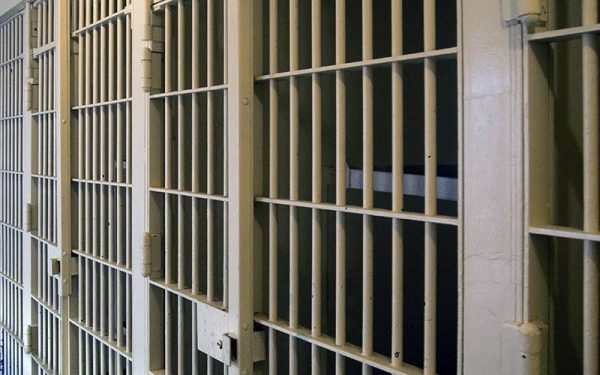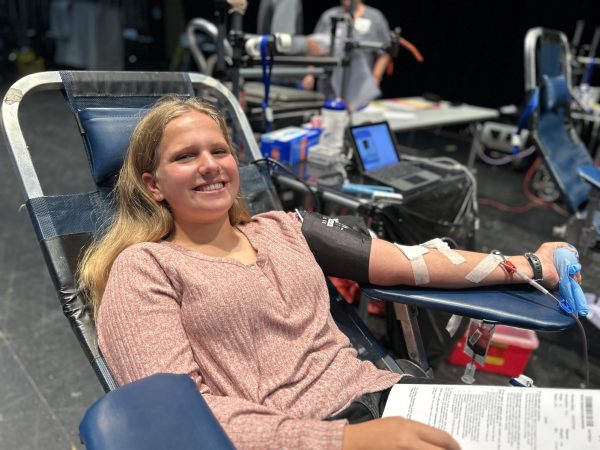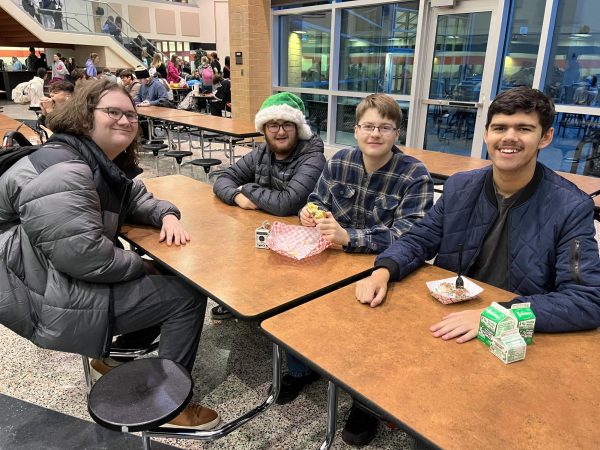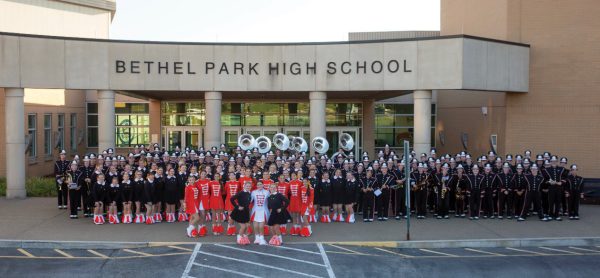Veterans Hospitals are in a crisis
Since 1930, The United States Department of Veterans Affairs, or VA for short, has been a benefit system for returning men and women from active duty in the service. Though many officials have claimed that the facilities are “top notch” and “provide the best care for our men and women coming home from war” (ABCNews.com), many of the returning vets have made different claims.
One such claim came from a young vet named Vannessa Turner. Turner contracted a mysterious illness while on duty in Iraq this past year. When she went to a VA hospital, doctors scheduled her for an appointment six months later.
“Once you come back to be a veteran, it’s like a black hole – nothing,” Sgt. Turner told ABC News.
However, Vannessa’s case is not uncommon.
In a survey done in 2003 by the American Legion, it was found that veterans waited an average of seven months to get a first appointment at a VA hospital while some were waiting for over two years.
With 130,000 young American men and women putting their lives at risk in Iraq today. These conditions are particularly relevant. While current soldiers are treated in military hospitals, when they leave the service and need treatment, many will seek care at VA hospitals.
Another such example of mistreatment is in the case of a man named Jack Christensen. In 1999, he was admitted to a VA hospital with pneumonia but ended up staying for two years because of the lack of care he received. Eventually, he was moved to a private treatment center by his family.
Representative Ted Strickland, a member of the House Veterans Affairs Committee, called for the White House and Congress to approve enough money to ensure that veterans get the care they deserve.
It’s a “situation that’s crying out for change,” he said.
Veterans and their families agree they deserve better. “They were good enough to go fight for their country,” told one family member of Sgt. Turner to ABC News. “They deserve to have the best treatment that they could get.”
One widow says that before her husband Terry Soles died, he asked just one thing of her: to speak out.
“If we can help other veteran from going through the hell … That’s what we have to do,” she told CNN news.


